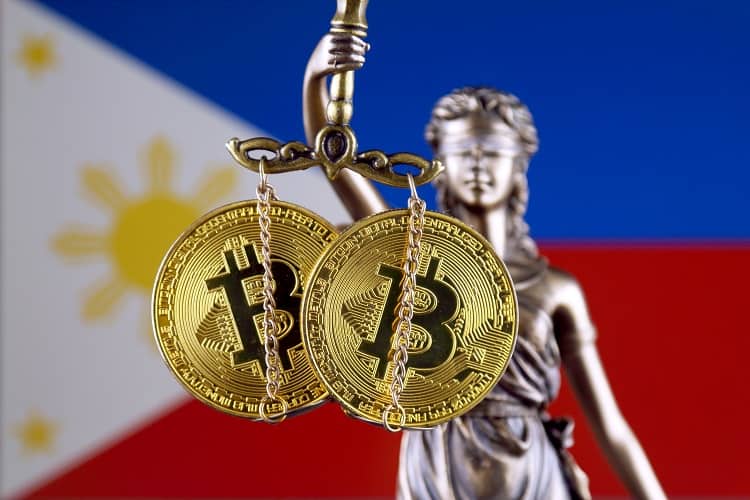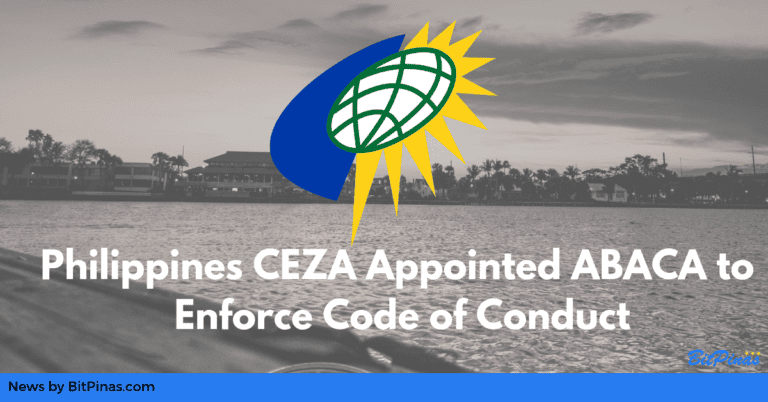BSP Director Outlines the Regulator’s Approach to Cryptocurrency
According to Central Bank Director Melchor Plabasan, the Circular No. 944 (Guidelines for VC Exchanges) did not come out on a whim, but rather on numerous consultation with players in the crypto space.

The Philippine Central Bank is not just sitting on the sidelines when cryptocurrency use in the country started gaining traction. It is, in fact, one with the players in the Philippines in monitoring the steady rise of crypto usage and drafting rules for this up and coming financial technology.
BSP’s Test and Learn Approach
BSP Director Melchor Plabasan disclosed during DTS 2018 than when new technology is introduced in the financial market, the regulator does not swoop in to halt this tech’s advancement immediately. Instead, the BSP has what it called “Cycles”:
- Allow for the market to develop
- Proceed with flexibility yet with caution
- Understand operating/business model
- Adopt an appropriate regulatory approach
- Closely monitor developments and related issues
The BSP’s Regulatory Approach
The Central Bank does not decide on emerging fintech on its own. Before a regulation or advisory is announced to the public, it will have first gone to a number of processes and guidelines:
Maintain multi-stakeholder collaboration
The BSP will consult players in the field to address risk and so that regulation can be enhanced. In the case of cryptocurrency, players such as SCI Ventures are consulted. SCI, Coins.ph, etc, know the market well and thus it is critical for the regulator to understand the space correctly.
Another field is collaboration with central banks around the world. Cryptocurrency is disrupting markets worldwide. Central banks in other countries are studying regulation and whether they should launch their own national tokens.
Finally, collaboration with other government agencies. One example is how the BSP works with the Philippine Securities and Exchange Commission (SEC) to address the growing use of crypto and initial coin offerings (ICOs) in the country.
Ensure that regulation is proportionate and fair
According to Mr. Plabasan, it is very sensitive and unfair to just apply existing regulation to a new industry because the players and the market are not the same. An example of which is with e-money issuers. While there are existing regulation for banks (which handles money), the same should not be applied to electronic money issuers; they must not be regulated as banks because they are not banks, to begin with.
Ensure consumer protection
Lastly, the regulator has to make sure that regulation has the public in mind. Will this regulation hurt the consumers? Will it benefit them? All these have to addressed before the guidelines are released to the public.
Overall
In the past, the BSP has stepped up in the face of fintech revolution, from online banks, to Smart Money and Gcash, and eventually to the likes of Paymaya, Rebit, and Coins.ph. As one panel in DTS 2018 had mentioned, regulation should not be with one government agency alone. There must be a collegial effort between the regulators to ensure that every corner is checked, especially in cryptocurrency. This is all to ensure that the consumers will be protected.




